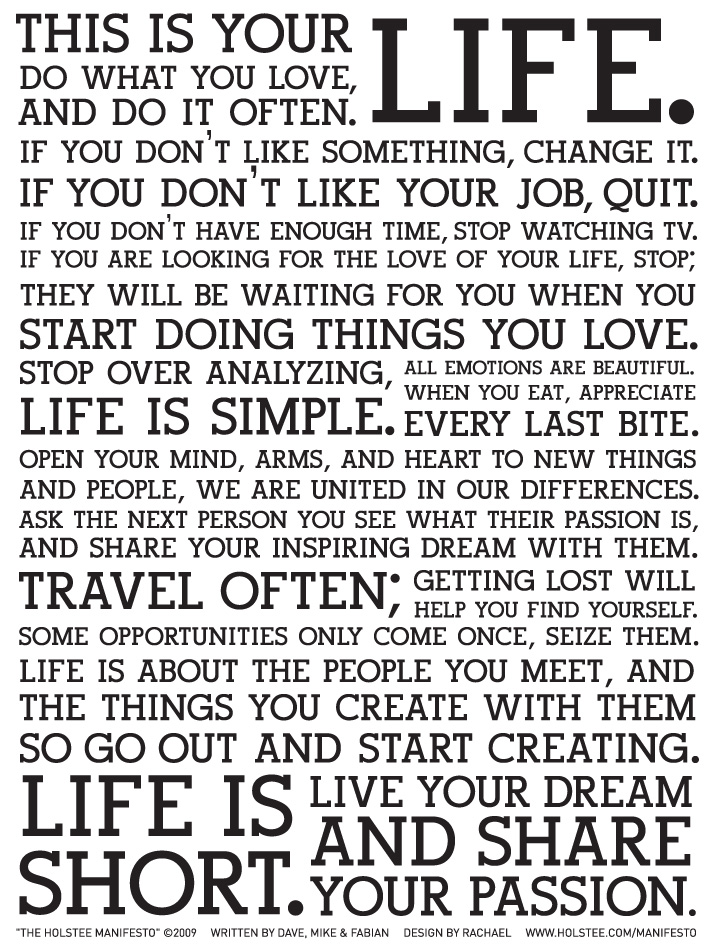CONNECTIONS…
I often tend to see the “connectedness” between seemingly disparate things; I constantly see examples of the ways things are connected. But sometimes it can be hard to pinpoint just how a thing might relate to another thing, even though I know the connection is there. For example,
On March 24, 2013, I began reading “The Nuremberg Interviews” by Leon Goldensohn, and I finished it on May 15th. Concurrently with reading this, around the 1st of May I began reading “Oryx and Crake” by Margaret Atwood and I finished this book on May 12.
On May 4th, I read an article entitled “Capitalism is killing our morals, our future — In a Market Society, everything is for sale.”
On May 8th, I read a New Yorker article called “Living-Room Leopards –A new group of breeders want to undomesticate the cat.” Cat Breeders, it seems, have now gone crazy – and I wonder how this might relate to capitalistic extremism.
Then the other day I started wondering if our beautiful and much-loved Northern California Eucalyptus trees were native and I learn that, not only are they not native (they are from Australia), but they are in a number of ways detrimental to our natural ecosystem.
So, I ask, what do all of these things have in common?
Well, what do we have here:
And, I find myself increasingly disturbed and distressed at the current state of affairs in this country.
America. The US of A. Land of Opportunity “The Great Experiment.”
Our government is now a Disaster. Politics as usual IS NOT WORKING. It is a CIRCUS. It is a SHAME. IT IS SHAMEFUL. It is short-sighted, irresponsible, and detrimental to AMERICA. Frankly, it is EVIL.
POLITICS SHOULD NOT BE ALLOWED TO INTERFERE WITH THE WORK OF RUNNING THE GOVERNMENT.
Who is doing this? Well, I would imagine the truth is that both sides are probably involved to some degree. But, since the current Administration is Democratic, it seems the Republicans are working extra hard to go against the President and they have become nothing but obstructionist. And while I admit that Democrats are also capable of taking politics too far at times, I am remembering all those dreadful Bush years not so very long ago – and did the Democrats do the same kinds of things then that the Republicans have been doing now and ever since Obama became President? I THINK NOT. But then again, the Republicans have Fox News. And how they can call themselves “news” is anyone’s guess – it makes no more sense than how a group of supposedly intelligent people can claim that “corporations are people.”
What we have now is a Republican Party that has become unrecognizable to what they used to be. They have in many ways gone so far Right as to be coming a little too close to the kind of extremism that became Nazism. They may not be capable of brutally exterminating thousands of people, but they are still killing people by virtue of their stubborn resistance to intelligent gun laws and their failure to use any common sense in regards to their responsibilities. And it is almost eerie how many and how often tragic shootings have been occurring just since these ridiculous gun policy political games began. The worst part is how many of the victims are children. It is inexcusable and criminal that this has been going on and continues to go on. It is positively shameful.
And this is just one example of the alarming ways Republicans have started to look a lot like Nazis. There are too many startling and disturbing similarities. But all that aside, our government is completely crippled because of political irresponsibility. I have found some rather pertinent quotes lately from my friend Dr. Mardy:
“The aim of an argument or discussion should not be victory, but progress.”
“Those who never retract their opinions love themselves more than they love truth.”
-Joseph Joubert
“Thou shalt not carry moderation unto excess.”
– Arthur Koestler
It’s all gone crazy. This is not America. This is not how we were meant to be, or even how we used to be. Who is it that we are trying to be? Anyone? Or is it that we have simply become BLIND. GREEDY AND BLIND.
Which leads me to CAPITALISM. “Corporations are People.” Everything has a price-tag, including even people, apparently. How far will we go? It isn’t just about our Economy, it’s also about our Quality of Life, and there are Ethical Considerations. The “Land of Opportunity” does not mean opportunity only for the wealthy. We have become so greedy, so short-sighted, so BLIND.
What about letting our corporations become bigger and bigger and more and more powerful – we already are letting pharmaceutical companies dictate our healthcare and how our healthcare providers provide treatment. I won’t even go into all the implications of that here.
One of the television shows that I have enjoyed lately is called “Continuum.” While primarily it concerns time-travel in what is essentially a crime drama show, the “future” from which the main character travels (and ends up in our present time) is one in which giant and all-powerful corporations have taken over and now run the world. It does not appear very desirable or pleasant.
This also recalls to mind the book I recently read called “Oryx and Crake.” In this fictional future, corporations have similarly become impossibly big and powerful and, in this story as well, nothing good comes from it – but at the same time, it is relatively easy to envision.
It’s easy to envision these things because some of us can see just how short-sighted and greedy we already are and if we don’t start making some changes, we just might be destined for a very unpleasant future of some kind or other, particularly if we manage to completely kill our planet and render it uninhabitable – which we are already doing by continuing to destroy the rain forest and pretending that global warming is a joke or a political “scam.”
And when I hear about cat breeders trying to develop wild cats that behave like house cats – primarily because of how lucrative it can be, I can’t help but think about Oryx and Crake and all the animals they have engineered for similar reasons – like the “racunk” and the “pigoon” – well, how can I help seeing similarities: if we had the technical knowledge right now to do the kinds of things they did in this book, then we’d most certainly be doing them – and to our detriment. In the book, everything ended up being destroyed. But this could be where we are headed if we let capitalism go off the deep-end.
Finally, concerning eucalyptus trees, we obviously didn’t know any better 200+ years ago. We still had a lot to learn about a lot of things, as do we still, and we have made many mistakes in our history due to ignorance. But we have also learned a lot. To make such mistakes when we know better is inexcusable. And when we purposely make such mistakes because of the Almighty Dollar, it is absolutely wrong. The only thing is, who is actually guilty of reaping the monetary rewards from these greedy and shortsighted actions? Perhaps 1 or 2% of the population? I do hope that MOST of us are wiser and less selfish. But then, shouldn’t we be doing something?
It often seems like it always costs money to do anything – and therefore we will feel, perhaps, HELPLESS. How might this compare to the German people who were stuck living in a Nazi regime – were they powerless? Or were they content to mind their own business and close their eyes. Are we the same? Where do we draw the lines…
- with Capitalism?
- with Politics?
- With tampering with Mother Nature?
- Where is our future heading?
I have just started reading another book, a novel, about Communism. I am sure this will provide me with plenty more insights and evidences of connectedness.
But I believe we need to connect to our History. We need to learn from the past. And sometimes we can also learn a lot by considering theories about the future. The problem I have right now is that I am not seeing much intelligence these days on the whole. And I find that not only discouraging and unsettling, but it is also quite frightening.
 Well I actually have managed to do my “31 Point Plans” all the way up to June now! And this one took me a while to draw. I’m not as pleased with it as I might be, but I am seeing that it would be cool done as a painting, so perhaps I will visit this theme in future. And something different appears this month: I have added “play piano” in one spot (as I mentioned in my last post, I am now making this part of my schedule). And the piano tuner was here yesterday trying to make this old piano sound as good as possible. Happy music!
Well I actually have managed to do my “31 Point Plans” all the way up to June now! And this one took me a while to draw. I’m not as pleased with it as I might be, but I am seeing that it would be cool done as a painting, so perhaps I will visit this theme in future. And something different appears this month: I have added “play piano” in one spot (as I mentioned in my last post, I am now making this part of my schedule). And the piano tuner was here yesterday trying to make this old piano sound as good as possible. Happy music!




 The Nuremberg Interviews
The Nuremberg Interviews





 I quote here an article from
I quote here an article from 





